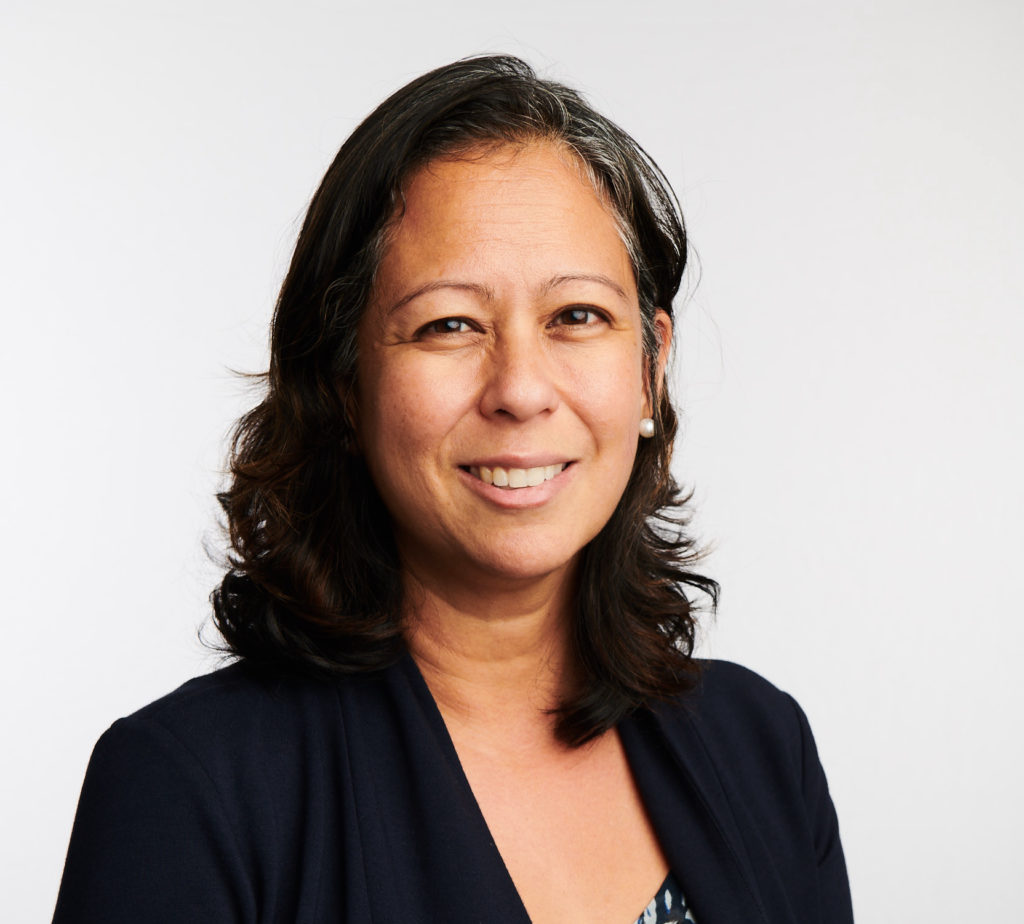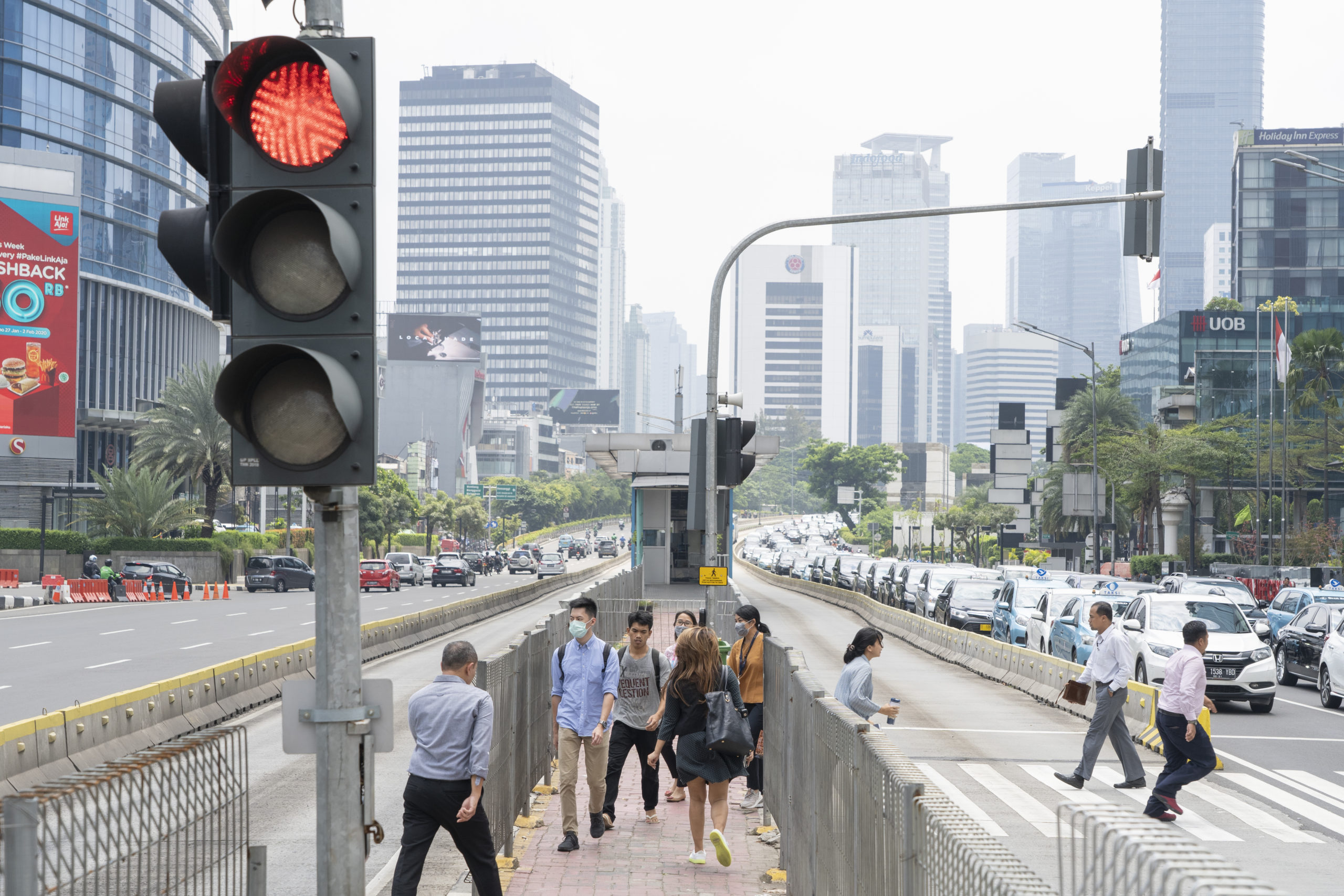Sumi Mehta, Senior Epidemiologist in our Environmental Health Division discusses the launch of the Clean Air Catalyst

Air pollution is a serious threat to human health and can cause devastating impacts to the climate and global economy. About six million people die every year because of poor air quality; this burden falls disproportionately on people living in poverty. Globally, air pollution rates continue to rise: we need increased urgency to address the dangers of air pollution, better data to inform effective policy solutions and collaborative public and private investment to accelerate clean air action.
On March 18, The U.S. Agency for International Development (USAID) launched the Clean Air Catalyst (CAC), a new flagship program to accelerate clean air solutions in low- and middle- income countries. Vital Strategies is a proud partner of CAC, leading efforts to engage the health sector – a critical component of the collective effort needed to promote clean air action.
To learn more about the program, Vital Strategies’ role in the partnership and the importance of health sector engagement, we sat down with Sumi Mehta, Senior Epidemiologist, Environmental Health Division.
What is the Clean Air Catalyst program and how will this program help accelerate clean air solutions?
With over 90% of the world breathing air that exceeds the World Health Organization’s health-based guidelines, it’s no surprise that air pollution is the fourth largest risk factor to global health. Among other harms, air pollution is linked to poor outcomes for children’s health and increased risk to non-communicable disease, including chronic heart and lung disease. Urgent action is needed to reduce these risks and advance clean air action.
CAC is a new flagship consortium of the USAID led by World Resources Institute and Environmental Defense Fund. Partners in the program work with local scientists, business and government leaders to determine innovative, tailored and high-impact solutions to reduce the root causes of air pollution in cities around the world. Indore, India and Jakarta, Indonesia will be the first pilot cities. While each city is different, pollution sources can include those that are emitted through household activities, factories, or agriculture.
The global consortium and local coalitions will work together to raise awareness on air pollution sources in each city, identify activities that drive emissions and build support from policy, business and community collaborators to initiate and sustain interventions that reduce pollution sources.
What is Vital Strategies’ role in the partnership?
Public health and healthcare organizations and officials are critical to accelerating clean air solutions. The health sector’s expertise can provide governments, scientists and communities with critical insight and evidence to inform policies that is needed to increase awareness and make a compelling case for clean air action. Active health sector support, engagement and buy-in is necessary to advancing clean air and measuring associated public health benefits.
Vital Strategies’ environmental health division will lead efforts to engage and mobilize the health sector to promote clean air action. This will include sensitizing and informing the health sector on air pollution and its impacts, strengthening public data systems and data use, and incorporating air pollution into national health sector priorities for children’s health and noncommunicable disease. Our team will also encourage public health professionals to advocate for clean air through engagement with governments, media patients and communities.
How does this fit in with Vital Strategies’ other air quality related work?
This work will directly complement and amplify work already underway in our environmental health division. In Jakarta, Indonesia Vital Strategies is excited to work with CAC and ensure that the consortium’s activities are complementary to our ongoing work supported by Bloomberg Philanthropies and Climate Works Foundation to strengthen the city’s clean air action plan. We also see this as a great opportunity to strengthen our collaboration with the Center for Indonesian Medical Students Activities (CIMSA), through Inspire, our global coalition of health advocates for clean air.
How will the program work with local and global networks to deliver solutions beyond pilot cities?
CAC is uniquely supported by a variety of global and local organizations and networks. Beyond the work done in the initial pilot cities, CAC is committed to delivering and sustaining cleaner air around the world. All outputs and materials from pilot cities will be open source, and everyone is encouraged to work together for effective clean air action.
The consortium’s work in the first two pilot cities will help us create a playbook that’s open access and can be shared with other cities and organizations. The playbook will discuss how to build multi-sectoral coalitions, cost-effective approaches to raise awareness on pollution sources and strategies to reduce emissions.
Through our diverse coalition of global and local actors, we will work collaboratively to provide policies, strategies and interventions that lead to cleaner and healthier air.
To learn more about the Clean Air Catalyst, click here.
For more information on Vital Strategies’ Air Pollution and Health program, visit:
https://www.vitalstrategies.org/programs/air-pollution-and-health/ and follow us on Twitter at @VitalStrat
